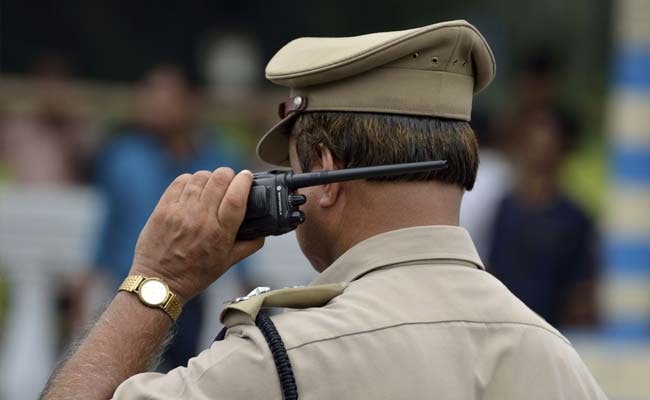
Police said that all four accused were responsible to look after the safety measures. (File photo)
Pune:
Four persons have been arrested in connection with the Monday's elevator collapse incident in an underground tunnel in which eight labourers were killed, the police said on Wednesday. The arrested persons included the elevator operator and three supervisors, a Pune rural police official said.
The incident occurred after the cables of the elevator snapped when the labourers were coming out of the underground tunnel, which is said to be more than 100 feet beneath the surface.
The tunnel was being constructed near Akole village as part of the Nira-Bhima river-linking project on the outskirts of Indapur town, 120 km from here.
"We have arrested four persons, including the operator of the elevator and supervisors, who were entrusted to monitor the work, under section 304 (culpable homicide not amounting to murder) of the IPC," Bhigwan police station sub-inspector B N Pawar said.
The accused, identified as Rambahadur Pal, Navin Kumar Sharma, Murali Krishna Methala and Shreedhar Valeshwarrao Vezdhala were produced in the court and remanded to police custody for two days, he said.
He said the operator and the supervisors did not carry proper maintenance of the elevator and did not provide security measures to the labourers.
"During the investigation, it was revealed that all four accused were responsible to look after the safety measures, so a case of culpable homicide not amounting to murder case was registered," Pawar said.
The river-linking project, launched under the Krishna Bhima Stabilisation scheme, involves the construction of 24.8 km-long Nira-Bhima Link 5 tunnel.
The project, which began in 2012, is designed to take water from water-rich rivers to scarcity-hit areas and expected to be completed by 2020.
The incident occurred after the cables of the elevator snapped when the labourers were coming out of the underground tunnel, which is said to be more than 100 feet beneath the surface.
The tunnel was being constructed near Akole village as part of the Nira-Bhima river-linking project on the outskirts of Indapur town, 120 km from here.
"We have arrested four persons, including the operator of the elevator and supervisors, who were entrusted to monitor the work, under section 304 (culpable homicide not amounting to murder) of the IPC," Bhigwan police station sub-inspector B N Pawar said.
The accused, identified as Rambahadur Pal, Navin Kumar Sharma, Murali Krishna Methala and Shreedhar Valeshwarrao Vezdhala were produced in the court and remanded to police custody for two days, he said.
He said the operator and the supervisors did not carry proper maintenance of the elevator and did not provide security measures to the labourers.
"During the investigation, it was revealed that all four accused were responsible to look after the safety measures, so a case of culpable homicide not amounting to murder case was registered," Pawar said.
The river-linking project, launched under the Krishna Bhima Stabilisation scheme, involves the construction of 24.8 km-long Nira-Bhima Link 5 tunnel.
The project, which began in 2012, is designed to take water from water-rich rivers to scarcity-hit areas and expected to be completed by 2020.
Track Latest News Live on NDTV.com and get news updates from India and around the world

